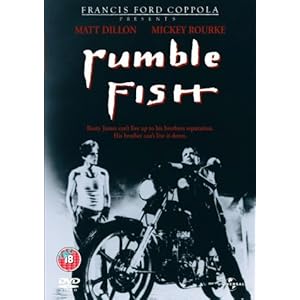****
Gena Rowlands breaks my heart in this. It’s a warts and all portrait of Mabel Longhetti (Rowlands) whose mental illness is impacting on her loving husband Nick (Peter Falk) and their three children.
I’m of the opinion that we all sit somewhere along a sliding scale of mental illness. To put it very simply, some of us are able to get by and some of us need a little help. Mabel walks a fine line between the two. Her behaviour gets more and more eccentric to the point where it is impossible for them to live as a ‘normal’ family. (One of the questions raised is, what the hell is ‘normal’?) She is a loving wife and a wonderful mother. The hard thing is that what she brings to these roles (e.g. being fun and entertaining) is inextricably a part of her illness. In one scene she desperately tries not to behave like a crazy person to prevent herself from being committed. The act she puts on isn’t remotely like her, and it’s painful to watch.
As with so many actor/directors John Cassavetes really knew how to extract performances from his cast. The acting here is ridiculously good. You have to pay attention because there are so many magic moments that are easily missed. It’s likely these are unplanned improvisations with no plans for big close-ups. The camera just roams around. If you flicked channels and came in halfway through you could easily be forgiven for thinking it was a documentary. This is cinema verité proper. The style is raw.
Self-funded by Cassavetes (by means of his acting work in mainstream fare such as The Dirty Dozen and Rosemary’s Baby), he never had anyone threatening his film with scissors. Consequentially, and I hate to admit it, at 155 minutes it is unnecessarily long.
I should add, Cassavetes is not scared to show the comical side of her condition. There are many very funny moments - all of them involving Mabel's bizarre behaviour. She has some amazing idiosyncrasies and as the camera revolves around her, we - almost as another member of the cast - are encouraged to laugh along with her. Never at her.
I should add, Cassavetes is not scared to show the comical side of her condition. There are many very funny moments - all of them involving Mabel's bizarre behaviour. She has some amazing idiosyncrasies and as the camera revolves around her, we - almost as another member of the cast - are encouraged to laugh along with her. Never at her.




